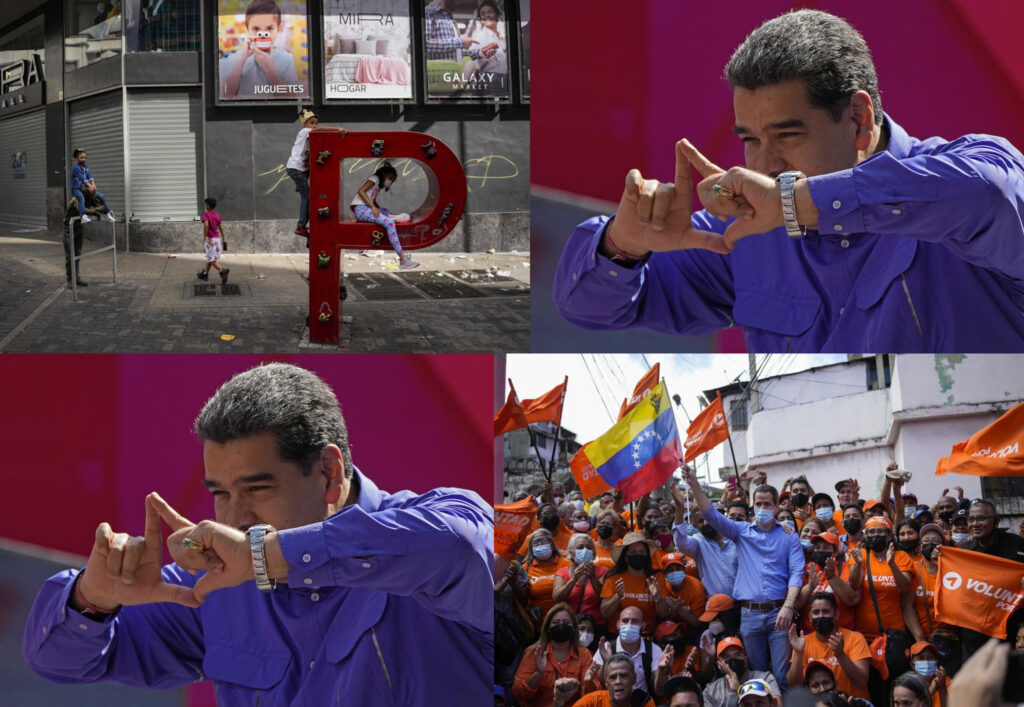CARACAS — The United States government is moving to ease a few economic sanctions on Venezuela in a gesture meant to encourage resumed negotiations between the U.S.-backed opposition and the government of President Nicolás Maduro.
The limited changes will allow Chevron Corp. to negotiate its license with the state-owned oil company, PDVSA, but not to drill or export any petroleum of Venezuelan origin, two senior U.S. government officials told The Associated Press late Monday. The officials spoke under the condition of anonymity because the formal announcement had not been made.
Additionally, Carlos Erik Malpica-Flores — a former high-ranking PDVSA official and nephew of Venezuela’s first lady — will be removed from a list of sanctioned individuals, they said.
Hours after the announcement Tuesday, the opposition and Venezuela’s government acknowledged they had begun conversations on possibly restarting negotiations.
The moves follow goodwill gestures by Maduro after meeting in March with representatives of the administration of President Joe Biden and a recent gathering in Central America between U.S. officials and the main Unitary Platform opposition coalition to discuss a path forward.
“These are things that … the Unitary Platform negotiated and came to us to request that we do in order for them to be able to return to the negotiating table,” one of the officials said.
Scores of Venezuelans, including the country’s attorney general and the head of the penitentiary system, and more than 140 entities, among them Venezuela’s Central Bank, will remain sanctioned. The Treasury Department will continue to prohibit transactions with the Venezuelan government and PDVSA within U.S. financial markets.
Maduro himself is under indictment in the United States, accused of conspiring “to flood the United States with cocaine” and use the drug trade as a “weapon against America.”
Venezuela’s government suspended talks with the opposition in October after the extradition to the U.S. of a key Maduro ally on money laundering charges. Maduro at the time conditioned his return to the negotiating table on the release from custody of businessman Alex Saab, who was extradited from the African nation of Cape Verde.
The negotiations took place in Mexico City under the guidance of Norwegian diplomats.
California-based Chevron is the last major U.S. oil company to do business in Venezuela, where it first invested in the 1920s. Its four joint ventures with PDVSA produced about 200,000 barrels a day in 2019, but the U.S. government ordered it in 2020 to wind down production, and since then, it has only been allowed to carry out essential work on oil wells to preserve its assets and employment levels in Venezuela.
The change allows “Chevron to negotiate the terms of the potential future activities in Venezuela,” a senior U.S. official told reporters Tuesday. “It does not allow entry into any agreement with PDVSA or any other activity involving PDVSA or … Venezuela’s oil sector. So, fundamentally, what they are doing is just allowed to talk.”



